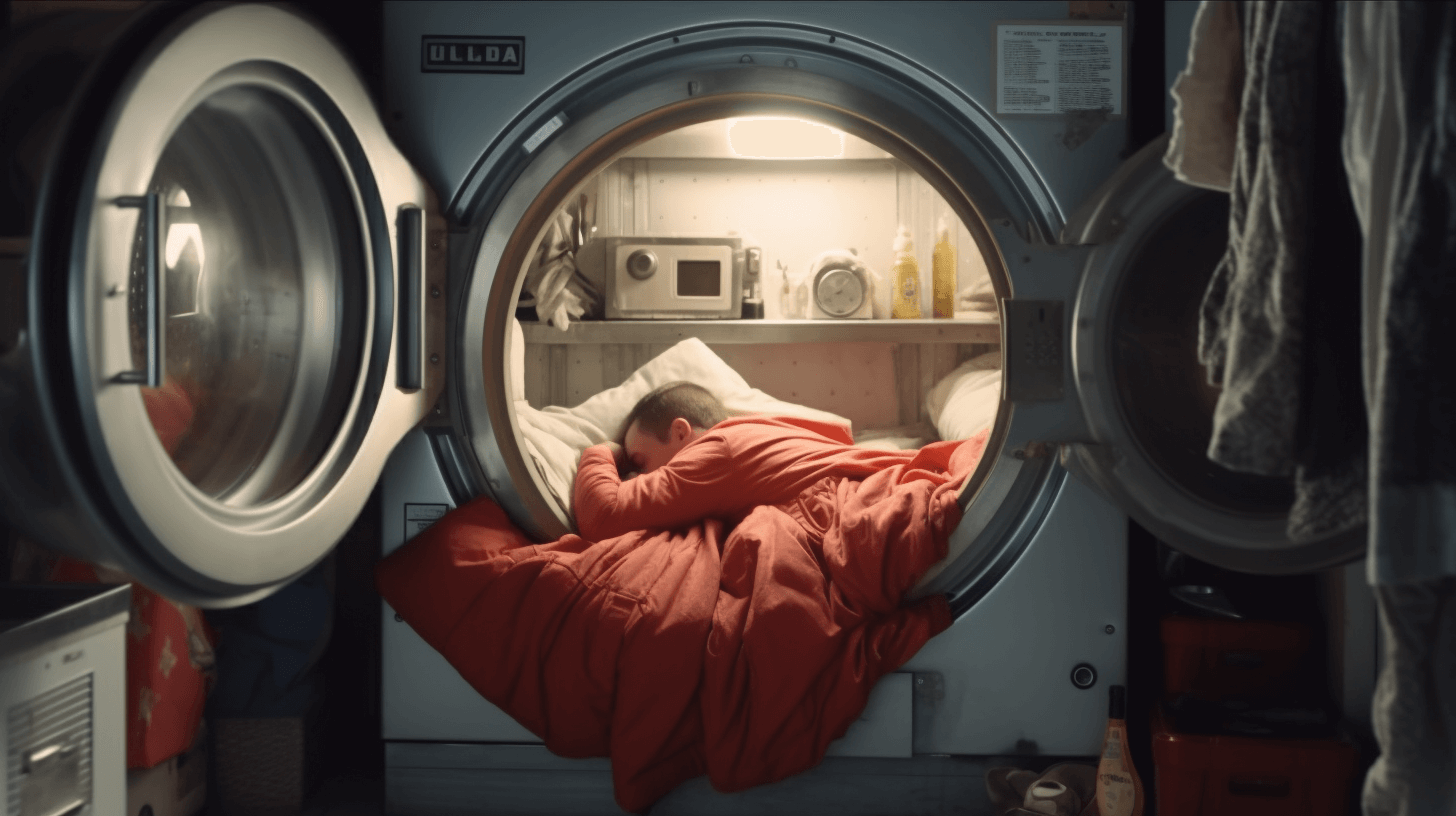written by: Leqi Wang
MAY 28TH 2023
Imagine a scenario where helping each other is no longer considered a virtue because future technology can address 99% of your life’s problems. In 2038, when you unexpectedly get injured, your instinctual first choice would be an automated bandaging medical kit. When your phone is running out of battery, your immediate thought would be to schedule a drone to deliver a power bank, as a result, seeking help directly from people around you become an awkward task. Due to the fact that all solutions revolve around minimizing human inconvenience, naturally, technology convenience replaces the ethical and moral role of everyday social interactions.
The change in the role of technology convenience.
In 2038, these technologies seem to become your intimate companions. They can fulfill all your needs and even provide meticulous care in trivial matters. The emotional impact they bring surpasses that of human friends. When faced with the question of “who is your best friend” in a single-choice scenario, you would be more inclined to choose “technological friend” because they have formed a stronger connection with you. You attribute human emotions to them and worry that not choosing them would make your “technological friends” sad and leave you feeling guilty; You even give your technological friends a few days off, proactively taking care of household chores to alleviate their workload; Engaging in conversations with your “technological friends” also becomes a habit for you…
“Not the absence of people but the absence of connection”
Provocation for a phenomenal future.
The phenomenon of disconnecting from real human connections is becoming increasingly evident in the future society, and it has varying degrees of impact on the entire human ecosystem. The most significant effect is the crisis of personal existentialism, leading to a sense of ambiguity in self-identity and a lack of understanding of the distinction between humans and technology. To help future humans find the threshold for intimate relationships between humans and technology, many phenomenal-level industries have emerged. For example, new types of restaurants are no longer merely convenient dining establishments, as the home environment already meets people’s convenience needs. Therefore, future restaurants will become places where convenience is deliberately removed. People will be required to cook, dine, and complete post-meal cleaning tasks in restaurants. These hands-on activities, which require personal involvement, have become a luxury. People will seek specific places to reestablish the bonds between humans, in order to preserve the virtue of cooperation, which is one of the achievements of human evolution over the years.
Individualism vs Collectivism
In the visible modern society, the trend of individualism has grown rapidly like mushrooms after the rain. People seem to tacitly accept the behavior of “exchanging sociality for productivity.” For example, there are increasingly well-designed multi-functional home fitness equipment available, aimed at fulfilling people’s exercise needs without leaving their homes. However, these overlook the underlying motivation that drives us to achieve our fitness goals: exercising with friends. Society seems to be gradually neglecting the advantages brought by collectivism and encouraging an independent and self-aware state of life. Whether this state is truly the best choice does not have a definite answer.
Finally, a question arises: If technology convenience leads to a separation from human connections, what can we do to provide opportunities for relinking with each other in the future? In the meanwhile, Design can play a role in questioning the relationship between humans and technology, reminding us of the various potential futures. Are these futures truly what you desire? If they are, how can you achieve your goals? And If they are not, what steps can be taken to bring about change?
References:
The Human Connection: Technology for better customer experience (no date) Verizon Enterprise. https://www.verizon.com/business/resources/whitepapers/human-connection/ (Accessed: 28 May 2023).
Parmar, A. (2020) Council post: The human connection in the age of AI and automation, Forbes. https://www.forbes.com/sites/forbeshumanresourcescouncil/2020/03/06/the-human-connection-in-the-age-of-ai-and-automation/?sh=362b341430a9 (Accessed: 28 May 2023).
Dahlgren K, Pink S, Strengers Y, et al. Personalization and the Smart Home: Questioning techno-hedonist imaginaries[J]. Convergence, 2021, 27(5): 1155-1169.
Picture: Generate by Midjourney (prompt: a detailed pic of a person sleeping in your washing machine 8k –iw 2 –v 5.1 –ar 16:9)



Leave a Reply